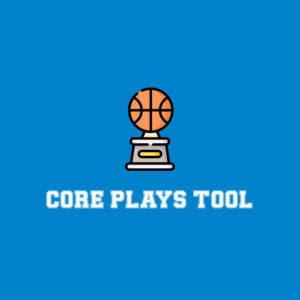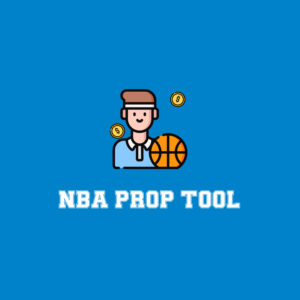
At the two-thirds mark of the NFL season, some end-of-year awards are much harder to decide than others. One of the hardest to currently predict: Coach of the Year. It’s one of the few awards that cannot truly be determined until the last weeks of the season, but there are a whole heap of candidates headed down the home stretch.
In recent years, the Coach of the Year award has gone to a first-year head coach turning a team around. Since 2017, four of the last six COTY candidates have been first year head coaches. That’s a more recent trend, though. Between 2001 and 2016, the same number of first-year head coaches took home the award.
The award is usually highlighted by a massive year-over-year turnaround on one side of the ball, often the side the head coach specializes in. The year before Sean McVay was hired, the Rams finished with a dead-last -34.4% offensive DVOA. In his award-winning season, though, he helped that Rams offense jump to an eighth-best 10.3% DVOA. Those big swings in improvement don’t get sullied by anything on the other side of the ball. When Mike Vrabel’s Titans went from the 28th-ranked defense (9.5%) to 10th (-3.3%) in one year, his Coach of the Year campaign wasn’t spoiled by an offense that fell from fifth (13.8%) to 20th (-2.6%) in that same time span. If a coach doesn’t fit the first-year, big-upgrade head coach pattern, then they were likely just wire-to-wire regular season contenders. The 2019 Ravens (John Harbaugh), 2015 Panthers (Ron Rivera’s second award), or 16-0 Patriots (Bill Belichick’s third) all come to mind.
Coach of the Year is one of the more subjective awards the NFL gives out. Therefore, the winner is often one that ends up being narratively satisfying. Jason Garrett won in 2016 by overseeing a Cowboys offense led by rookies Dak Prescott and Ezekiel Elliott that finished 13-3 with a second-best 21.8% offensive DVOA. Garrett maintained a great offense year-over-year with rookies while also getting a massive leap out of his defense. In 2012, Bruce Arians became the first interim head coach to win the award after going 9-3 with rookie Andrew Luck while head coach Chuck Pagano underwent treatment for leukemia.
Coaches don’t even need that impressive of a resume to finish with an anecdotal victory. Exhibit A: reigning Coach of the Year Brian Daboll. The Giants finished 9-7-1 in his first year and moved from 32nd to 23rd in total DVOA. Offensively, the group took a smaller jump from last (-27.4%) to 16th (2.5%) in a single year. However, Daboll won the award because of how that group made their modest leap. Daboll was working with one of the most inexperienced position groups in the league and still managed to succeed. His offense helped turn Darius Slayton and Richie James into top-20 receivers by DVOA (min. 50 targets), while Isaiah Hodgins and Wan’Dale Robinson also produced in more limited roles. Daniel Jones finished with the most productive season of his career under Daboll, looking at times like a new quarterback. The award wasn’t given for a complete overhaul of the Giants. Daboll just made a worst-in-the-league Giants offense with an even-worse skill position group look passable.
Most importantly, a Coach of the Year winner must make the playoffs. A team has not produced a Coach of the Year winner and missed the playoffs in the same year since 1990, when second-year Cowboys coach Jimmy Johnson used rookie Emmitt Smith to turn Dallas into a 7-9 ball club. After that year, they made the postseason for six straight seasons and won three of the next five Super Bowls.
In 2023, we see pretty much every Coach of the Year archetype still in the running. Houston Texans head coach DeMeco Ryans would fit our recent narrative of a first-year head coach leading a big leap. Houston has gone from 31st (-24.5%) in offensive DVOA to ninth (8.7%) this year, mostly because of the massive success of C.J. Stroud. Ryan, a defensive head coach, has also seen solid gains on that end of the ball. The Texans have improved from 28th (7.8%) on defense last year to 18th (2.3%) this year.
Kevin O’Connell would slot squarely into the adversity mold. While O’Connell was certainly in the running last year for orchestrating the Minnesota Vikings’ massive overperformance, he has managed to improve the team’s performance despite facing massive offensive losses. The Vikings have maintained their same level of offensive performance (20th in 2022, 17th in 2023) without Kirk Cousins or Justin Jefferson. Succeeding with midseason quarterback acquisition Josh Dobbs also adds some style points to the equation. Mike Tomlin also applies here to a lesser extent. Maintaining his streak of above .500 seasons with arguably his weakest roster ever, coupled with a playoff berth, would make for a compelling resume.
We also have our typical wire-to-wire contenders in the mix. Nick Sirianni certainly deserves some acknowledgement for leading the Eagles to the best record in the league so far and forever changing fourth-and-short conversions with the Brotherly Shove. Kyle Shanahan certainly deserves some credit as well, although if his handling of last year’s QB carousel didn’t get him a nod I’m not sure another year of the same will help him out.
Then, there are some outlier contenders. Mike McDaniel has improved on last year’s offensive success (sixth in 2022 to second this year) and seen a recent uptick in defensive play. McDaniel’s use of short cheat motions to give speedster receivers like Tyreek Hill a head of steam before their route seems like a coaching invention worthy of award. Dethroning the Bills in the AFC east would also be an achievement in itself. In Baltimore, Todd Monken’s offensive surge may earn John Harbaugh some votes. The Ravens are the only team top-five in both offensive and defensive DVOA at the moment. They also currently boast the second-highest non-adjusted total VOA while facing one of the hardest schedules in the league.
However, the best bet for Coach of the Year might be the current odds-on favorite. Who could have seen the Dan Campbell coaching tenure panning out this well? If the season ended today, the Detroit Lions’ 24.3% total DVOA would be the franchise’s best in the DVOA era (since 1981) and just the second top-five total DVOA finish in franchise history. I wrote extensively about the Lions’ culture change earlier in the season, and that is certainly playing a big part in the Lions’ coming-out season. Most of the team’s talent is either home-grown or a reclamation project, and Campbell’s coaching staff and culture helped draw a lot of talent out of a roster with such little national name recognition.
Campbell has also taken matters into his own hands, specifically on fourth downs. He is going for it more often than any other coach in the league, leading the NFL in aggressiveness index through the first 10 weeks of the season and boasting a league-leading 27 fourth-down attempts on the season. According to RBSDM’s fourth-down decision-making metric, Campbell is also making the right call on when to go for it at the third-highest rate, just under 60% of the time.
At an odds-on favorite of +125 (as of November 22), Campbell probably isn’t the sexiest pick. Plus, the wheels are beginning to look a little wobbly in Detroit. Week 11 saw a very winnable matchup against the Chicago Bears become a tense come-from-behind victory, something the Lions couldn’t manage in their Thanksgiving loss to the Green Bay Packers.
Among the favorites, I think Sirianni has the ideal balance of good odds and great resume. The Eagles have an easy enough remaining schedule to run away with the NFC. The Brotherly Shove dominates national conversation, but only Philadelphia has managed to execute it successfully with any regularity. That play alone has catapulted Sirianni to second behind Campbell in the Aggressiveness Index, attempting the second-most fourth-and-1s in the league this season. Plus, Sirianni is maintaining all this success with two first-time coordinators and a massive overhaul on defense. At +1400, few coaches currently have better value with that long of a resume.
Those Packers might be the best longshot on the board right now. Coach of the Year awards are solidified in the back third of the season. Matt LaFleur entered yesterday’s season with +15000 odds to win Coach of the Year and a 25% chance to make the playoffs. Following the upset victory over the Lions, the Packers are 3-1 in their last four games with the offense finally coming into form. Green Bay also has the easiest remaining schedule by DVOA of any team not in the NFC South. Putting together a late playoff run with the youngest roster in the league, a first-year starting quarterback, and a handful of high-profile injuries would be a pretty compelling narrative.








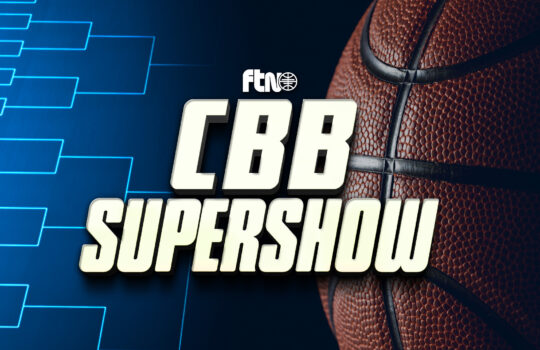

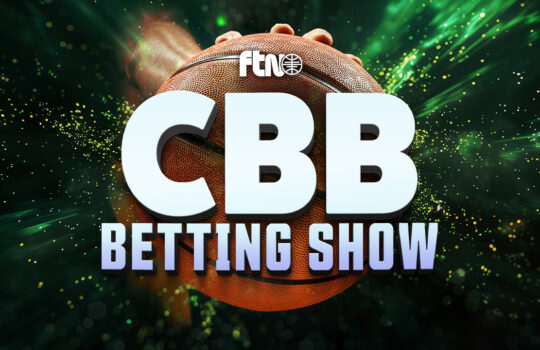


















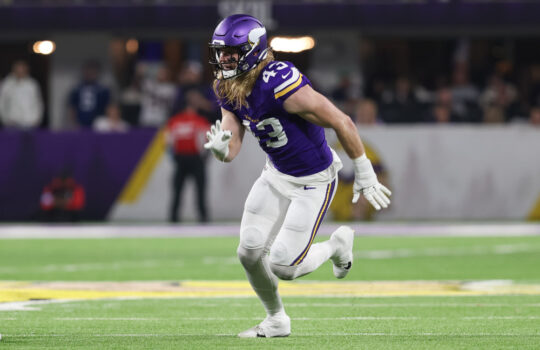



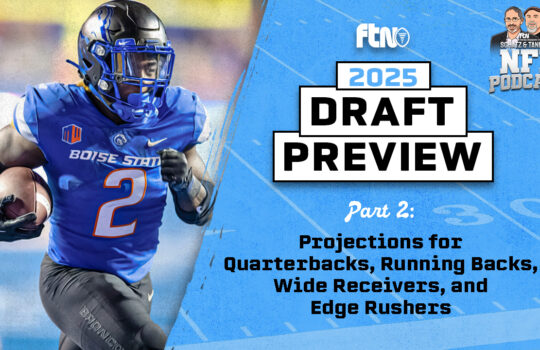

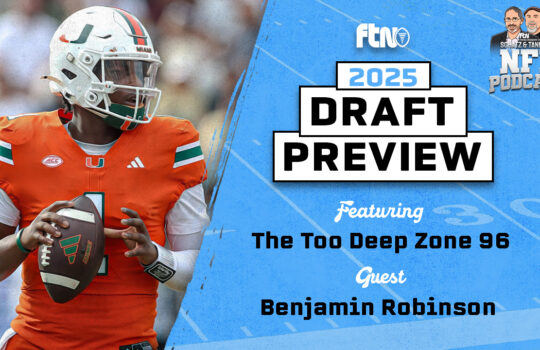
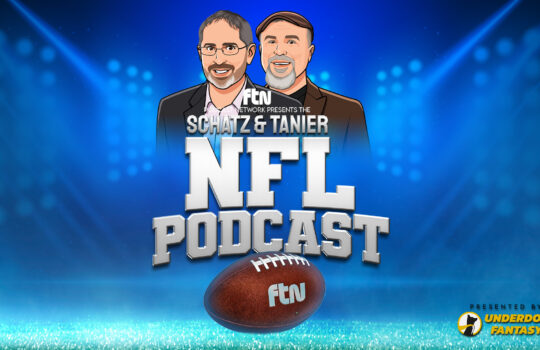








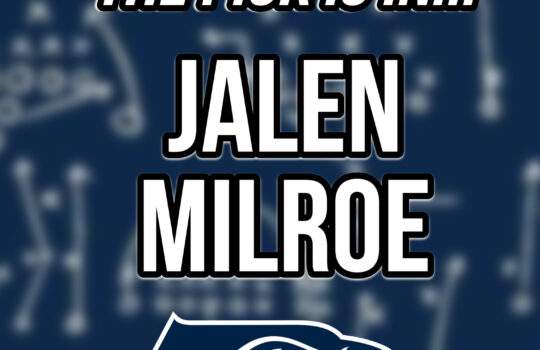

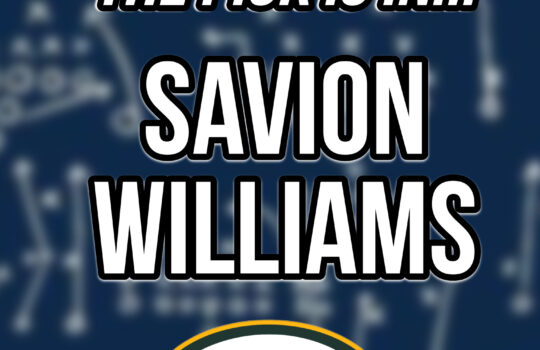
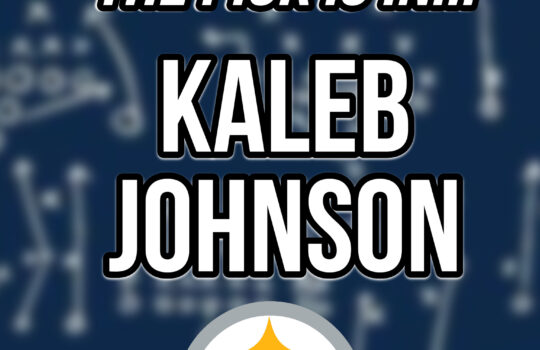

 New York Jets
New York Jets  New England Patriots
New England Patriots 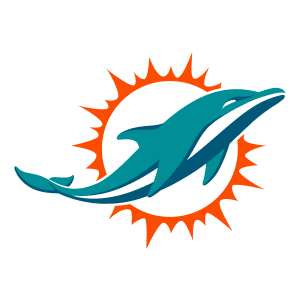 Miami Dolphins
Miami Dolphins  Buffalo Bills
Buffalo Bills  Pittsburgh Steelers
Pittsburgh Steelers  Cleveland Browns
Cleveland Browns  Cincinnati Bengals
Cincinnati Bengals 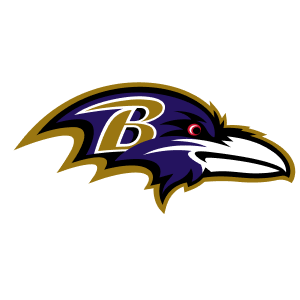 Baltimore Ravens
Baltimore Ravens 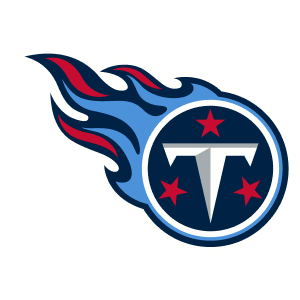 Tennessee Titans
Tennessee Titans  Jacksonville Jaguars
Jacksonville Jaguars  Indianapolis Colts
Indianapolis Colts  Houston Texans
Houston Texans  Las Vegas Raiders
Las Vegas Raiders 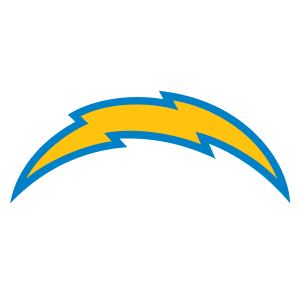 Los Angeles Chargers
Los Angeles Chargers  Kansas City Chiefs
Kansas City Chiefs 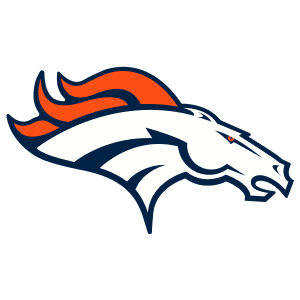 Denver Broncos
Denver Broncos  Washington Commanders
Washington Commanders  Philadelphia Eagles
Philadelphia Eagles 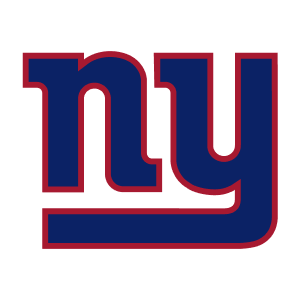 New York Giants
New York Giants  Dallas Cowboys
Dallas Cowboys  Minnesota Vikings
Minnesota Vikings 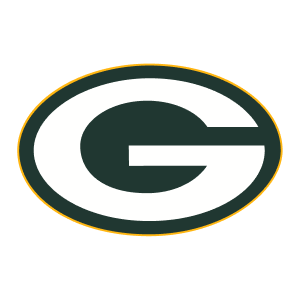 Green Bay Packers
Green Bay Packers 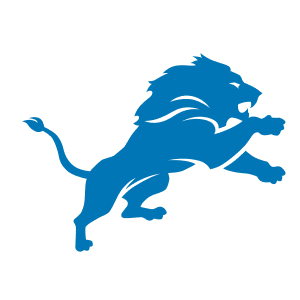 Detroit Lions
Detroit Lions 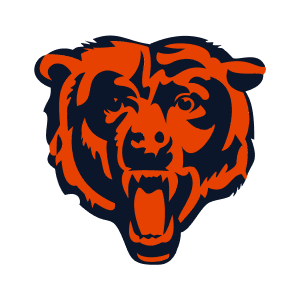 Chicago Bears
Chicago Bears 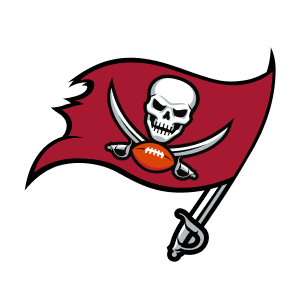 Tampa Bay Buccaneers
Tampa Bay Buccaneers  New Orleans Saints
New Orleans Saints 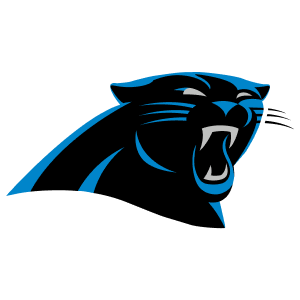 Carolina Panthers
Carolina Panthers 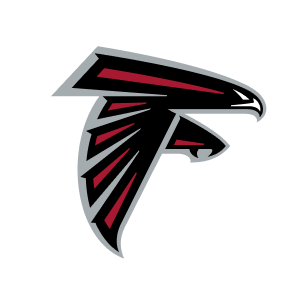 Atlanta Falcons
Atlanta Falcons  San Francisco 49ers
San Francisco 49ers 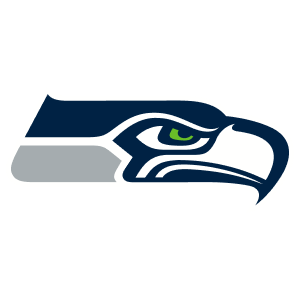 Seattle Seahawks
Seattle Seahawks  Los Angeles Rams
Los Angeles Rams 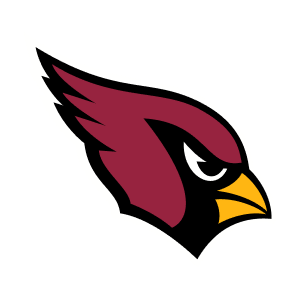 Arizona Cardinals
Arizona Cardinals 
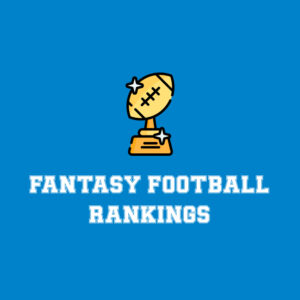
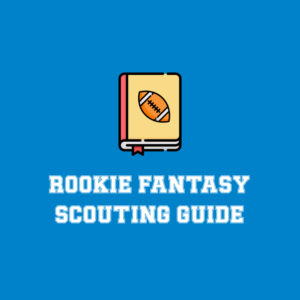
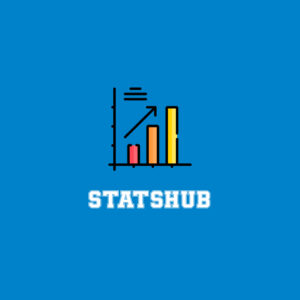





 Boston Celtics
Boston Celtics  Brooklyn Nets
Brooklyn Nets  Philadelphia 76ers
Philadelphia 76ers  New York Knicks
New York Knicks  Toronto Raptors
Toronto Raptors  Chicago Bulls
Chicago Bulls  Detroit Pistons
Detroit Pistons  Milwaukee Bucks
Milwaukee Bucks  Cleveland Cavaliers
Cleveland Cavaliers  Indiana Pacers
Indiana Pacers  Orlando Magic
Orlando Magic 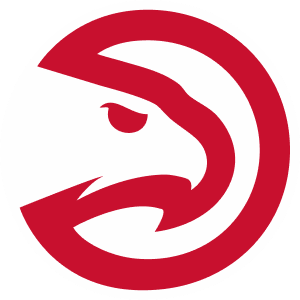 Atlanta Hawks
Atlanta Hawks  Charlotte Hornets
Charlotte Hornets  Miami Heat
Miami Heat  Washington Wizards
Washington Wizards  Denver Nuggets
Denver Nuggets 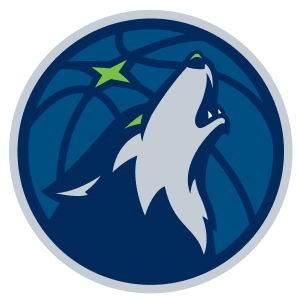 Minnesota Timberwolves
Minnesota Timberwolves  Oklahoma City Thunder
Oklahoma City Thunder  Portland Trail Blazers
Portland Trail Blazers  Utah Jazz
Utah Jazz  LA Clippers
LA Clippers  Golden State Warriors
Golden State Warriors  Los Angeles Lakers
Los Angeles Lakers  Phoenix Suns
Phoenix Suns  Sacramento Kings
Sacramento Kings  Dallas Mavericks
Dallas Mavericks  Houston Rockets
Houston Rockets  Memphis Grizzlies
Memphis Grizzlies  New Orleans Pelicans
New Orleans Pelicans  San Antonio Spurs
San Antonio Spurs 

